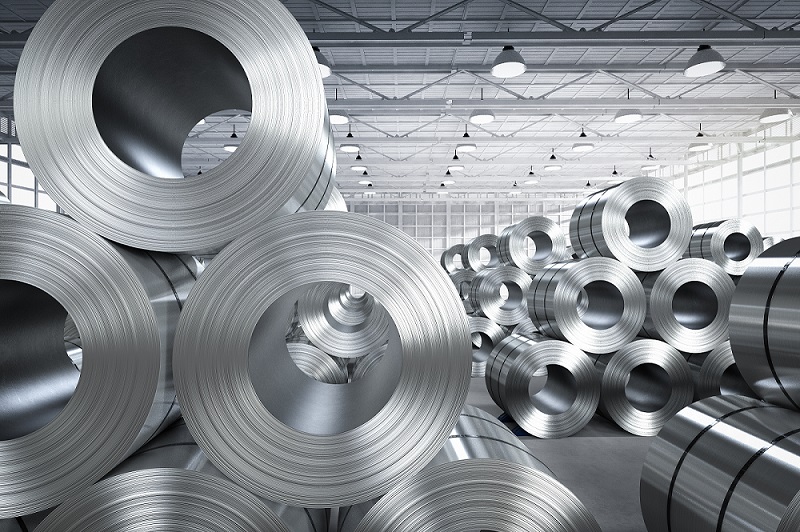Violent price movements of critical metals are thwarting the global energy transition. It causes uncertainty, causing investors to slam on the brakes. This delay is bad news for Europe because it is precisely in the area of critical metals extraction that Brussels wants to catch up, in order to reduce dependence on countries like China. The opposite is happening. So says an analysis by credit insurer Allianz Trade.
Mining critical metals such as lithium, cobalt and nickel are essential for the production of batteries, energy storage, electric vehicles, wind turbines, solar panels and other green technologies. Critical metals are crucial for a successful energy transition. Given many climate measures, these metals should be a goldmine, but the current market picture is different.
Johan Geeroms, Director Risk Underwriting Benelux at Allianz Trade: "It is a paradoxical situation. What is clear is that the demand for these metals is increasing enormously. Global climate targets are unachievable without critical metals. As a result, you expect prices to rise. But instead we are seeing violent declines. In the past 18 months, lithium prices have fallen by -85%. A major cause is supply, which has risen sharply. By +70% since 2021." Besides additional supply, Geeroms says speculation also plays an important role in price movements.



